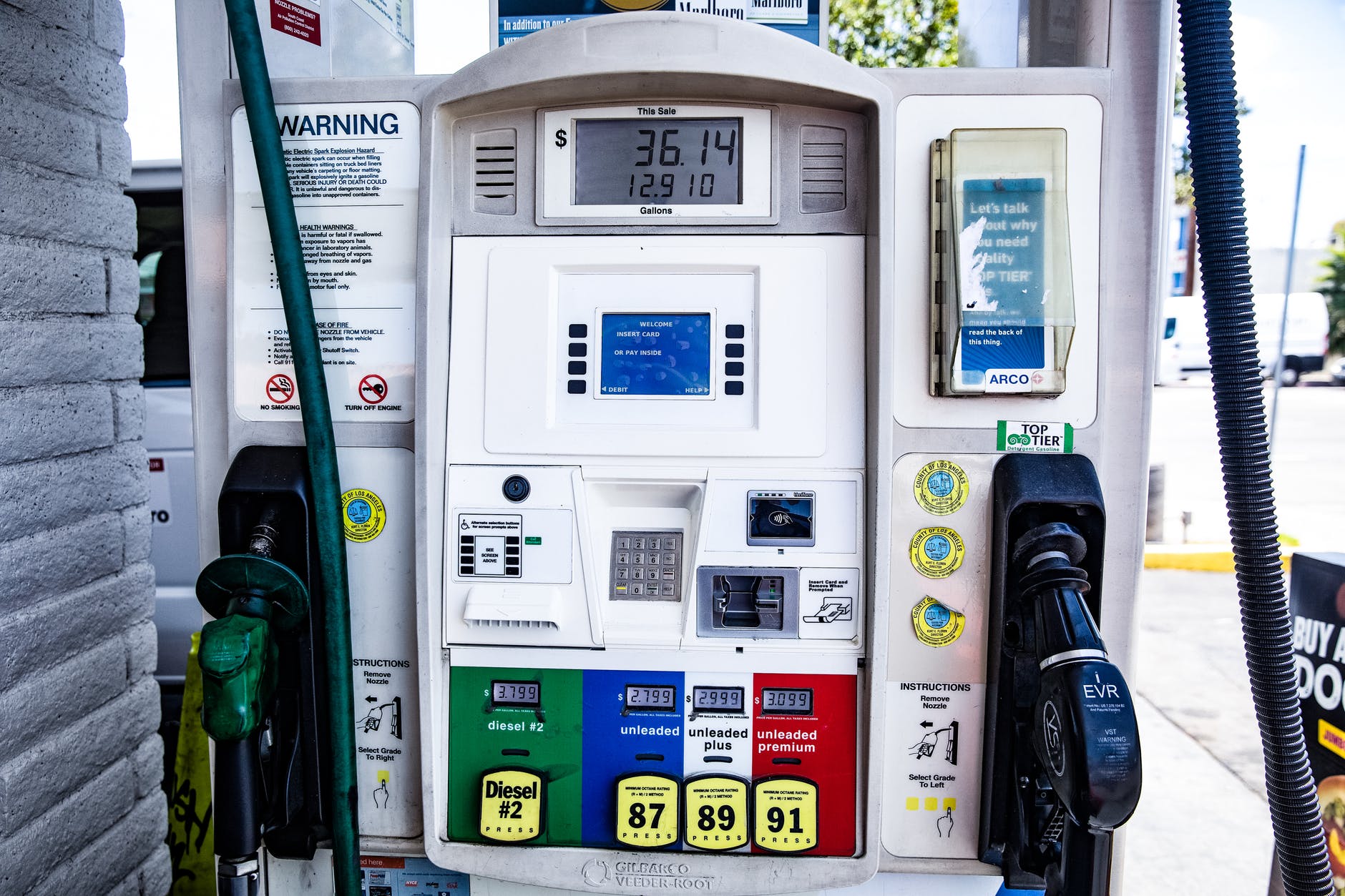By Clint Thompson
Diesel prices spiked to an all-time high this week. A potential shortage could soon spike fears among specialty crop producers who utilize diesel every day.

Some farmers are flabbergasted by the prospect of not having enough diesel to operate normal day-to-day operations on the farm.

Drew Echols, owner of Jaemor Farms in Alto, Georgia, and president of the Georgia Fruit and Vegetable Growers Association, said a diesel shortage would be, “all we need to add into this equation.”
“At this point, all you can do is kind of laugh. What’s next is where I’m at. I’ve got like 13 tractors so obviously I use enough, but you get somebody with 100 tractors … it’s hard for me to understand. If there’s a diesel shortage and diesel is going to be higher, where’s it going to stop is my question and what’s next? We can’t afford to get squeezed any more than what we’re already getting squeezed,” Echols said.
Specialty crop producers like Echols are getting squeezed because of the significant surge in input expenses. Costs for seed, fertilizer, pesticides, plastic, pallets, freight and diesel are all high. According to the U.S. Department of Agriculture (USDA) Economic Research Service, nitrogen fertilizer is up 110% from this time last year. Gas is up 96%. Potash/phosphate is up 70%. Building materials are also up 21%.
Vegetable producers have paid the price for the sharp spike in input costs. Growers paid at least 16% more for the inputs needed to produce, pack and ship vegetables during the first quarter.
According to the U.S. Energy and Information Administration, diesel prices were $5.62 per gallon on May 9, 11 cents higher than the prior week and $2.43 more than this time last year.
Any potential loss of diesel would impact farming operations across the Southeast.
“Every day there’s operators on these farms all over the Southeast that are doing something. It’s plowing, spraying, planting and then the harvest; it’s an integral part of what we do,” Echols said.









